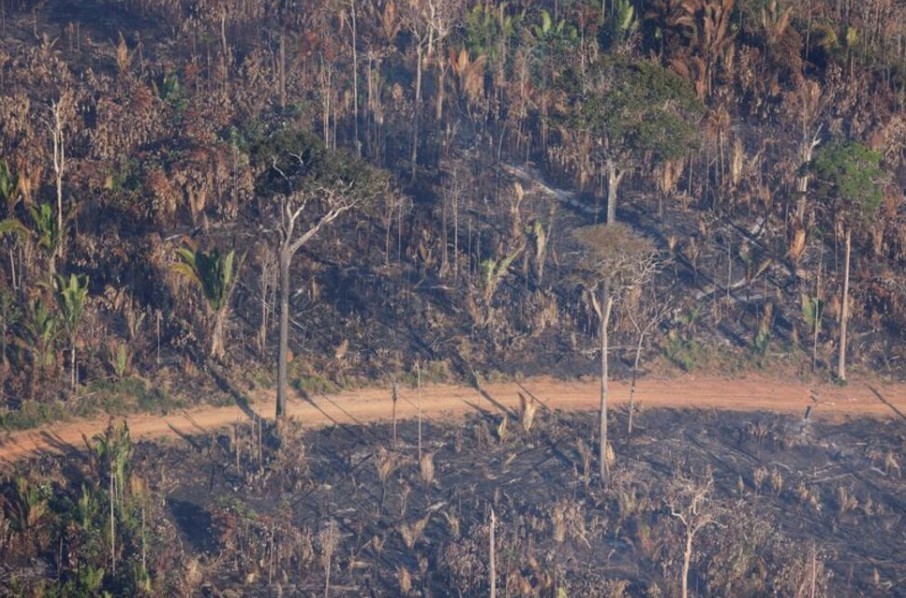
Global Companies Call for Stronger Government Action to Halt Nature Loss
Over 100 companies, including Unilever, L'Occitane, and Iberdrola, are urging governments to implement stricter policies to achieve a U.N. target of halting nature loss by the end of the decade. As the threat of extinction looms for over 1 million species, the world committed to a landmark 2022 agreement to protect biodiversity, which includes a goal to safeguard 30% of the world's natural ecosystems.
In preparation for the COP16 biodiversity summit in Colombia this October, where countries will discuss implementing the pledge, 132 companies with a combined revenue of $1.1 trillion have signed a letter demanding stronger action. This letter, shared exclusively with Reuters, includes support from companies like miner Teck Resources, food group Danone, energy firm RWE, and cement manufacturer Holcim.
Human activities, including ecosystem destruction, pollution, and climate change, are driving the alarming loss of wildlife. While the financial cost of preventative measures may be significant, the companies backing the letter argue that the cost of inaction—such as the collapse of food production due to declining pollinator populations and disrupted water systems—is far greater.
"If we don't prioritize nature and biodiversity, our businesses may not survive," said Rishi Kalra, executive director and group chief financial officer of Olam Food Ingredients (ofi), a leading supplier of food and beverage ingredients. Kalra highlighted the company's dependence on bees for pollinating almond farms, underscoring the broader implications for food availability and livelihoods if nature is not protected.
The deforestation of the Amazon rainforest in Brazil, for example, has led to reduced rainfall and altered weather patterns in crucial farming regions that produce a significant portion of the world's soybeans and beef. "Without nature and water, human life is not just unsustainable, but impossible," said Laurent Freixe, CEO of Nestlé Latin America.
Recognizing that nature-friendly strategies may increase short-term costs, some companies are hesitant to act unless governments establish market-wide rules or provide incentives. Voluntary corporate efforts alone are insufficient, according to the letter, which was coordinated by the advocacy group Business For Nature and includes specific policy recommendations.
Governments, the letter asserts, must ensure that businesses and financial institutions protect and restore nature. This includes promoting sustainable resource use, integrating nature into decision-making and reporting processes, and strengthening global agreements to combat nature loss.